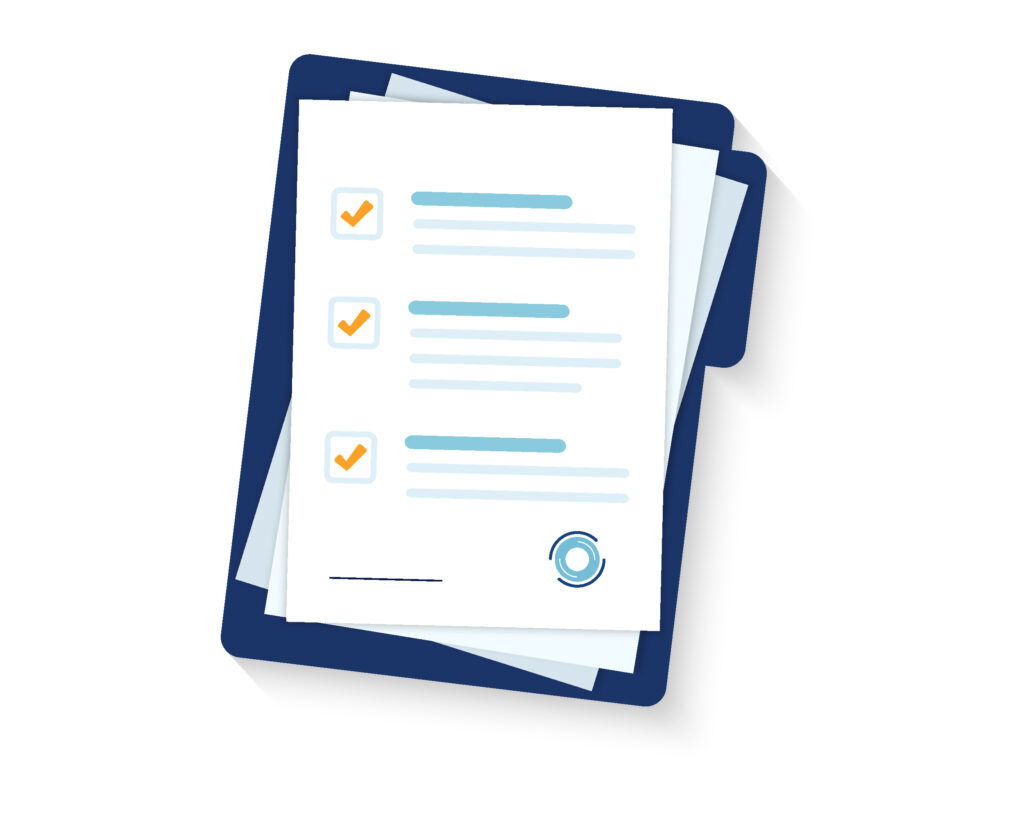Each year, millions of vehicles are bought or leased in the U.S., and while most of them perform as expected, some leave the factory with persistent defects. Whether due to faulty parts, poor craftsmanship, or errors during assembly, these vehicles—commonly referred to as lemons—can cause serious headaches for their owners.
If you’ve found yourself stuck with a defective vehicle, you likely know how exhausting the experience can be. Repeated trips to the dealership, mounting repair costs, lost time, and unreliable transportation can make even the simplest daily tasks difficult. Fortunately, California’s Lemon Law exists to protect consumers from the financial and emotional burden of a defective car.
At Win Lemon Law, we specialize in helping California consumers fight back against auto manufacturers that fail to uphold their warranty obligations. When your car is determined to be a lemon, you may be entitled to compensation in the form of either a lemon law buyback or a regular refund. While these two options may seem similar, one provides much stronger consumer protections than the other, and understanding the key differences can help you make the best decision for your situation.
What Is a Lemon Law Buyback?
A lemon law buyback occurs when a vehicle has been officially classified as a lemon under California’s Song-Beverly Consumer Warranty Act, and the manufacturer is required to repurchase the defective vehicle from you. In most cases, a lemon law buyback includes a refund of the full purchase price of the vehicle, along with taxes, registration fees, and any financing charges incurred. Additionally, the manufacturer is responsible for reimbursing incidental costs, such as rental car fees, towing expenses, and other out-of-pocket costs directly related to the defective vehicle. Another major benefit of a lemon law buyback is that the manufacturer is required to cover your attorney fees if you win the case, meaning you do not have to worry about legal expenses when pursuing a claim.
Under California’s Lemon Law, manufacturers are allowed to deduct a reasonable usage fee based on how much you were able to use the car before experiencing the defect. The formula for this deduction is determined by dividing the number of miles driven before the first repair attempt by 120,000 and then multiplying that by the purchase price of the vehicle. Because manufacturers may attempt to overcharge you when calculating this deduction, it is critical to work with an experienced lemon law attorney. At Win Lemon Law, we ensure that manufacturers follow the law correctly and reimburse you the maximum amount you are entitled to.

What Is a Regular Refund?
A regular car refund is another form of reimbursement offered by a dealer or manufacturer, but it is typically a negotiated settlement rather than a legally required buyback. Unlike a lemon law buyback, which is backed by state law, a regular refund is offered at the manufacturer’s discretion. While this type of refund may cover the car’s purchase price, sales tax, and registration fees, it often does not include reimbursement for towing expenses, rental car costs, or any legal fees you may have incurred. Additionally, if you financed the vehicle, there is no guarantee that the refund will cover the remaining loan balance, which could leave you financially responsible for the difference.
Manufacturers and dealers often prefer to offer regular refunds rather than lemon law buybacks because they are less costly and do not require them to cover additional expenses. In some cases, they may present a regular refund as a “quick resolution,” hoping that consumers will accept the offer rather than pursuing the full compensation available under the law. However, these refunds often do not provide the same level of financial recovery as a lemon law buyback and may leave consumers at a disadvantage.
Key Differences Between a Lemon Law Buyback and a Regular Refund
One of the biggest differences between a lemon law buyback and a regular refund is who initiates the process. A lemon law buyback is something that you, as the consumer, request by asserting your legal rights under California’s Lemon Law. If your case qualifies, the manufacturer is required to comply. On the other hand, a regular refund is initiated by the manufacturer or dealer as a goodwill gesture or settlement, which means they control the terms and may offer less compensation than you deserve.
Another critical distinction is what is covered under each option. A lemon law buyback provides comprehensive compensation, including the full purchase price, out-of-pocket expenses, loan payoff, attorney fees, and court costs. In contrast, a regular refund is typically limited to the purchase price and some taxes, with incidental expenses largely ignored. This means that if you accept a regular refund, you may still be responsible for paying for expenses related to your defective vehicle, such as rental cars and towing fees.
Legal backing is also an essential factor. A lemon law buyback is backed by California state law, meaning that if the manufacturer does not comply, you have legal options to enforce your rights. A regular refund, however, has no legal obligation attached. If the manufacturer offers a refund but later decides to back out, you may have little recourse to force them to follow through.
What About Replacement Vehicles?
In some cases, manufacturers or dealers may offer a replacement vehicle instead of a refund for your defective car. The terms of this replacement depend on whether it is offered under California’s Lemon Law or as part of a dealership trade-in. If the replacement is provided under California’s Lemon Law, the manufacturer must ensure that the new vehicle is of similar value, make, and features to your original car. Additionally, they must cover any associated costs, including taxes and registration fees.
However, if a replacement is offered as a trade-in through the dealership, it may not provide the same benefits. Some dealers use trade-ins as an opportunity to upsell consumers into a more expensive vehicle or offer unfavorable financing terms. Without the legal protections of California’s Lemon Law, consumers who accept a trade-in offer may not receive full compensation for their defective vehicle.

How to Start a Lemon Law Buyback Claim
If you believe your vehicle qualifies as a lemon, taking the right steps can significantly strengthen your claim. The first step is gathering documentation, including all repair invoices, service records, purchase agreements, and warranty information. These documents serve as essential evidence to prove that your vehicle meets the criteria for a lemon law buyback. It is also important to keep records of any communication with the manufacturer or dealership regarding the defect and any attempts you made to resolve the issue.
Before formally filing a claim, you should contact the manufacturer or dealership to request a buyback or replacement. In some cases, they may voluntarily agree to a settlement, but often, they will attempt to minimize your claim or offer less compensation than you are entitled to. If the manufacturer refuses to comply or does not offer a fair resolution, your next step is to consult a California lemon law attorney.
At Win Lemon Law, we handle the entire claims process on your behalf, from filing paperwork to negotiating with the manufacturer. If necessary, we will take your case to court to ensure that you receive the full compensation you deserve. Best of all, we work on a contingency basis, meaning you pay nothing unless we win your case.
Closing
Purchasing or leasing a defective vehicle can be frustrating, expensive, and time-consuming, but you don’t have to navigate the process alone.
At Win Lemon Law, we are dedicated to helping California consumers fight for their rights, ensuring that they receive the compensation or replacement vehicle they deserve without financial risk. If your vehicle is under warranty and you believe it qualifies as a lemon, we encourage you to take action as soon as possible. The sooner you file a claim, the stronger your case will be, and the faster you can resolve your situation.
Our experienced California Lemon Law attorneys are ready to guide you through every step of the process. We handle all cases on a contingency basis, meaning you won’t pay anything.

